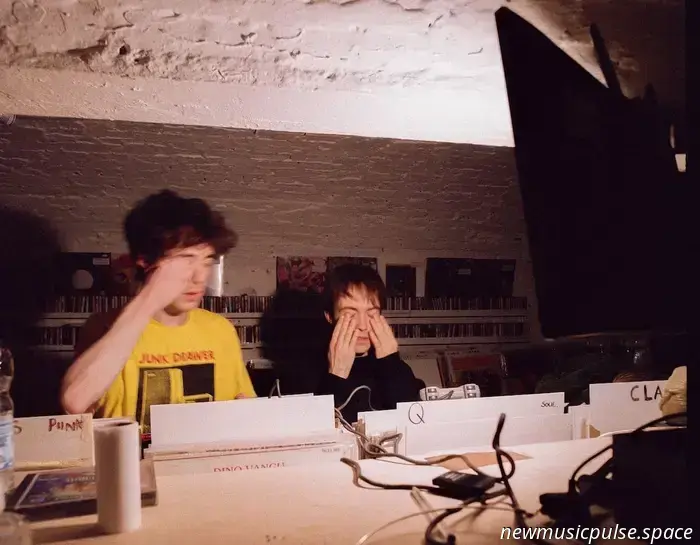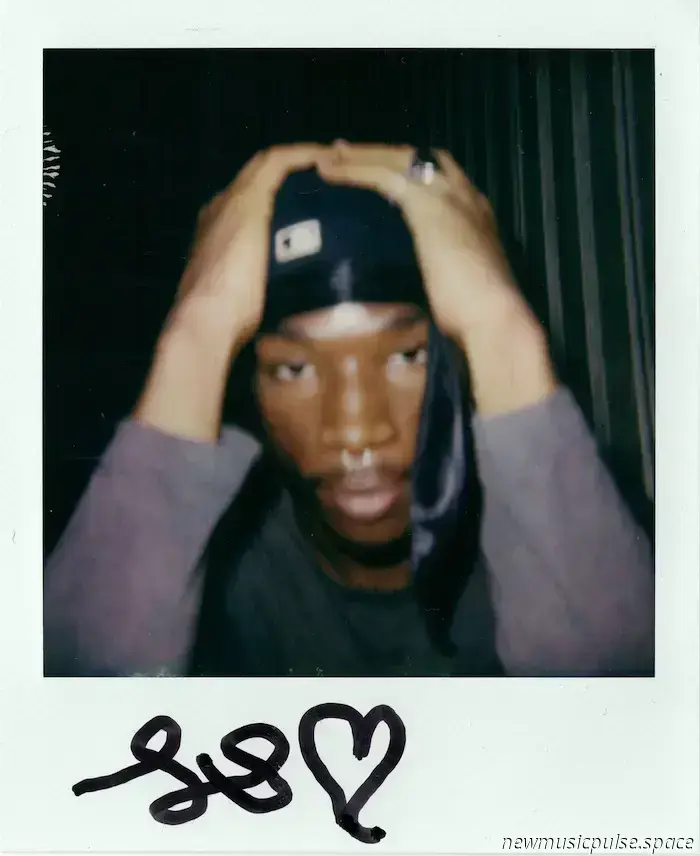AI-generated music is becoming more common, as are the tools for its creation. For instance, earlier this year, Amazon incorporated Suno AI into its Alexa+ systems. Amazon states that Suno enables users to "transform simple, creative requests into complete songs, featuring vocals, lyrics, and instrumentation." Suno, which is currently facing multiple lawsuits, has acknowledged in court to using extensive copyrighted material for training its systems. Despite its legal challenges and a controversial CEO (who notably remarked that most people do not find the music creation process "really enjoyable"), in true 'move fast and break things' style, the company achieved a market valuation of $500 million in a venture capital funding round last year.
The increasing accessibility of AI music and its creation tools has led to significant concern and campaigns to safeguard artists’ copyrights, which are often ignored by a rapidly growing (though somewhat fragile) AI industry. This is happening despite the efforts of the US and UK governments. The Trump administration recently dismissed the head of the US Copyright Office just two days after the Office published a report questioning the use of copyrighted content in AI training. Similarly, the UK government is in a dispute with the House of Lords, which last week voted in favor of an amendment to the government's primary AI bill, requiring AI companies to disclose whether copyrighted material was used in training their systems.
There is a considerable struggle taking place, with the music industry being a key battleground. On the counter-offensive front, various innovative tactics are being developed to help musicians protect their work from being used to train AI systems without consent. One such tool is HarmonyCloak, developed by a team at the University of Tennessee. This technology is designed to prevent AI from learning musical data by embedding compositions with sounds that are nearly imperceptible to the human ear. The research team discovered that integrating low-frequency sounds into music, which is then processed by an AI, disrupts the resulting product, rendering the AI-generated output incoherent and essentially unlistenable.
For a demonstration of HarmonyCloak in action, refer to the short video below:
—
As stated by New Atlas, the creators of the video: “these two audio clips are generated by a model called MusicLM, based on the same prompt – 'generate an indie rock track' – and trained on the same music. The distinction lies in one source being clean while the other employs HarmonyCloak.” The results are striking and have no noticeable effect on the original music. The research paper from the HarmonyCloak team explains that 50 participants listened to songs cloaked with this technology. Only one person, identified as an audiophile, claimed to detect distortion in the cloaked music, and that was in just two of the fifteen samples they heard. The HarmonyCloak team intends to release the technology for free next year.
Here’s a brief explanation of the typical method employed by AI systems to create music. An AI model is trained on data collected from throughout the internet. For instance, Google’s MusicLM was trained on approximately 280,000 hours of music. This musical dataset converts audio files into a range of spectrograms, each tagged with keywords that describe various musical attributes. Upon receiving a written prompt, it employs a complex process integral to contemporary machine learning known as 'diffusion' to analyze its vast collection. The AI then generates a spectrogram that closely resembles the original written prompt. This spectrogram is converted back into a MIDI file, resulting in the creation of a 'new' piece of music.
However, as demonstrated by HarmonyCloak, deceiving these systems can be straightforward. ‘Adversarial attacks’ (also referred to as 'adversarial noise,' linked to diffusion’s use of 'noise' for generating new data) consist of small, nearly invisible adjustments to machine learning inputs that redirect the outcome away from the intended request. This is not a recent discovery; before the current era of AI advancements, researchers and activists have been aware of how to trick deep learning algorithms, often using surprisingly simple methods. For example, altering just one pixel can compromise an AI image recognition system’s ability to distinguish between a turtle and a rifle, as uncovered in 2017. Adversarial attacks can also be simpler, as demonstrated in 2020 when hackers discovered that affixing a two-inch strip of black tape to a speed limit sign could deceive Tesla’s (now discontinued and notoriously dangerous) MobileEye AI driving system into exceeding the speed limit.
The companies developing these AI systems acknowledge the resistance against their blatant misuses. OpenAI, which has accepted that it would be "impossible" to train its models without using copyrighted content, has astonishingly labeled the use of adversarial copyright protection tools like Glaze and Nightshade as "abuse." Interestingly, if you search for 'AI industry adversarial attacks' on Google, its AI overview describes these attacks as “malicious actors manipulating AI systems to make incorrect predictions or decisions

Lake District alt-pop artist Tiiva has released their latest single, 'you and i'. This talented pop innovator is preparing for a hectic summer, as their debut album is on the way.

Morocco’s Guedra Guedra has announced details about his upcoming album 'MUTANT'. As an extraordinary artist, Guedra Guedra combines elements of his North African heritage.

Musical expression doesn't necessarily start with notes or chords. The emotion found in songs is frequently linked to other forms of art. A brief

Reneé Rapp has revealed plans for her upcoming album 'Bite Me'. The model, actress, and songwriter started hinting at the project earlier this month, showcasing her

Houston artist Love Spells has released his complete EP titled 'The Love I Showed You Was Yours To Keep.' The 20-year-old artist is hard to categorize, as

Metallica has announced shows in Cardiff, Glasgow, and London for next summer. The band's record-setting M72 world tour has amazed fans, with
AI-generated music is not only becoming more common, but the tools for creating it are also on the rise. Here’s an example: Earlier this year, Amazon